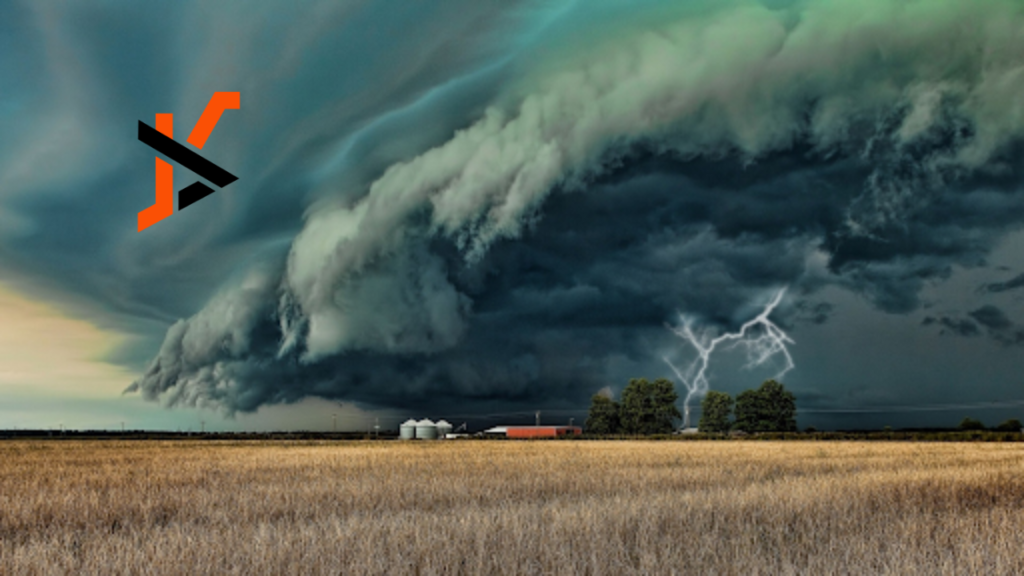As the seasons change, so do the challenges posed by weather-related electrical hazards. From thunderstorms in the summer to blizzards in the winter, understanding how to stay safe during extreme weather is crucial for both residential and commercial settings. This blog explores seasonal electrical safety tips, focusing on how to protect yourself, your loved ones, and your property during storms and other adverse weather conditions. For thorough safety measures, consider scheduling an EICR Test in London to ensure your electrical installations are in optimal condition year-round.
Summer Storms: Lightning and Power Outages
1. Lightning Strikes:
During summer, thunderstorms can bring intense lightning strikes, posing significant risks to electrical systems and personal safety. Here’s how to stay safe:
- Stay Indoors: If indoors during a thunderstorm, avoid using electrical appliances and landline phones, which can conduct electricity.
- Surge Protectors: Use surge protectors to safeguard electronic devices and appliances from power surges caused by lightning strikes.
- Avoid Water: Stay away from water sources such as sinks, baths, and showers during lightning storms, as water is an excellent conductor of electricity.
2. Power Outages:
Summer storms can lead to power outages due to downed power lines or equipment failure. Here are tips to manage during power interruptions:
- Emergency Kit: Prepare an emergency kit with flashlights, batteries, non-perishable food, and water to sustain you during outages.
- Generator Safety: If using a generator, follow manufacturer instructions and place it outdoors in a well-ventilated area to prevent carbon monoxide poisoning.
Fall and Winter: Snowstorms and Cold Weather Hazards
1. Snow and Ice Accumulation:
During winter, heavy snowfall and ice accumulation can cause electrical hazards such as downed power lines and equipment damage. Safety measures include:
- Clear Snow Safely: Use caution when clearing snow around power lines and electrical equipment to avoid contact and potential shock hazards.
- Stay Informed: Monitor weather forecasts and follow local news for updates on potential power outages and safety advisories.
2. Heating Equipment Safety:
As temperatures drop, the use of heating equipment increases, posing fire and electrical risks. Ensure safety with these precautions:
- Space Heaters: Keep space heaters away from flammable materials and never use extension cords with high-wattage heaters.
- Fireplaces and Chimneys: Regularly inspect and maintain fireplaces, chimneys, and vents to prevent fire hazards.
Spring: Tornadoes and Flooding Risks
1. Tornado Preparedness:
Spring brings tornadoes and severe weather, which can cause extensive damage to electrical infrastructure. Stay safe by:
- Designate a Safe Room: Identify a safe room or area in your home, such as a basement or interior room, to take shelter during tornado warnings.
- Secure Outdoor Items: Secure outdoor furniture, tools, and equipment that could become projectiles during high winds.
2. Flood Safety:
Spring showers and snowmelt can lead to flooding, which poses electrical risks. Follow these safety tips:
- Turn Off Utilities: In flood-prone areas, consider turning off electricity at the main breaker to prevent electrocution if water enters your home.
- Avoid Standing Water: Never enter a flooded area with electrical appliances or attempt to operate them if they have been exposed to water.
General Tips for Year-Round Electrical Safety
- Inspect and Maintain: Regularly inspect electrical wiring, outlets, and appliances for signs of wear, damage, or malfunction.
- Install Ground Fault Circuit Interrupters (GFCIs): Use GFCIs in kitchens, bathrooms, garages, and outdoor areas to protect against electric shocks.
- Trim Trees and Branches: Keep trees trimmed away from power lines to prevent them from causing outages during storms.
- Educate and Prepare: Educate family members or employees about electrical safety procedures and create an emergency plan for severe weather events.
Conclusion
Seasonal electrical safety is about being prepared and vigilant against the specific hazards posed by different weather conditions throughout the year. By understanding the risks associated with thunderstorms, snowstorms, tornadoes, and floods, individuals and businesses can take proactive steps to minimize risks and protect themselves and their property. From simple precautions like using surge protectors to more involved measures such as installing generators safely, preparation is key to staying safe during extreme weather events. Remember, electrical safety is a shared responsibility. By following these seasonal electrical safety tips and staying informed about local weather conditions, you can help ensure a safer environment for everyone, no matter the season. Stay safe, stay prepared, and prioritize electrical safety year-round.For landlords and property managers, ensuring compliance with safety regulations is paramount. Consider obtaining an EICR Cert to validate the electrical safety of your properties and secure landlord safety certificates efficiently.If you want to stay updated with posts like this, please follow us on TECH K TIME.

